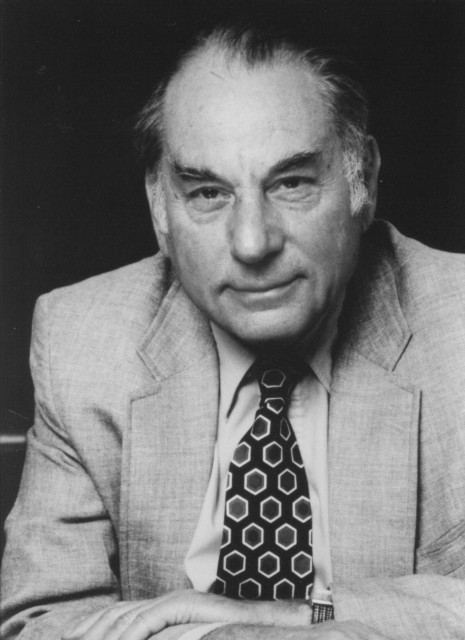Ernest Ludwig Eliel
1921-2008

Eliel's textbook "Stereochemistry of Carbon Compounds" (1962) and another text that he co-authored, "Conformational Analysis" (1965) profoundly influenced several generations of organic chemists. The monumental latest version "Stereochemistry of Organic Compounds", co-authored with S. H. Wilen (1994), with its 1267 pages, may well be the last single-volume compendium on this subject. Eliel's research also focused on stereochemistry, particularly on the conformational analysis of mobile systems, cyclohexanes and saturated heterocycles. Using NMR extensively, he probed the idea that the most reactive conformation of a flexible molecule might not be its most stable conformation.
Eliel was born in Cologne, Germany but when the Nazis came to power he moved successively to Scotland, Canada, and then Cuba where he received the B.S. at the University of Havana (1946). At the war's end he went to the University of Illinois (Ph.D. 1948), then joined the faculty at the University of Notre Dame (1948-72). He then moved to the University of North Carolina (1972-1993; emeritus 1993-); the ACS published his autobiography "From Cologne to Chapel Hill" in 1990.
An excellent teacher, Eliel's honors include the MCA College Chemistry Teacher's Award (1965) and the George C. Pimentel Award in Chemical Education (1995). Eliel held many positions in the American Chemical Society, including Chairman of the Board of Directors (1987-9) and President (1992). In 1996 he received the top ACS award, the Priestley Medal.
Location in chemistry building: Fifth Floor; West Wing South Wall; Sequence 5
Source: Professor Eliel